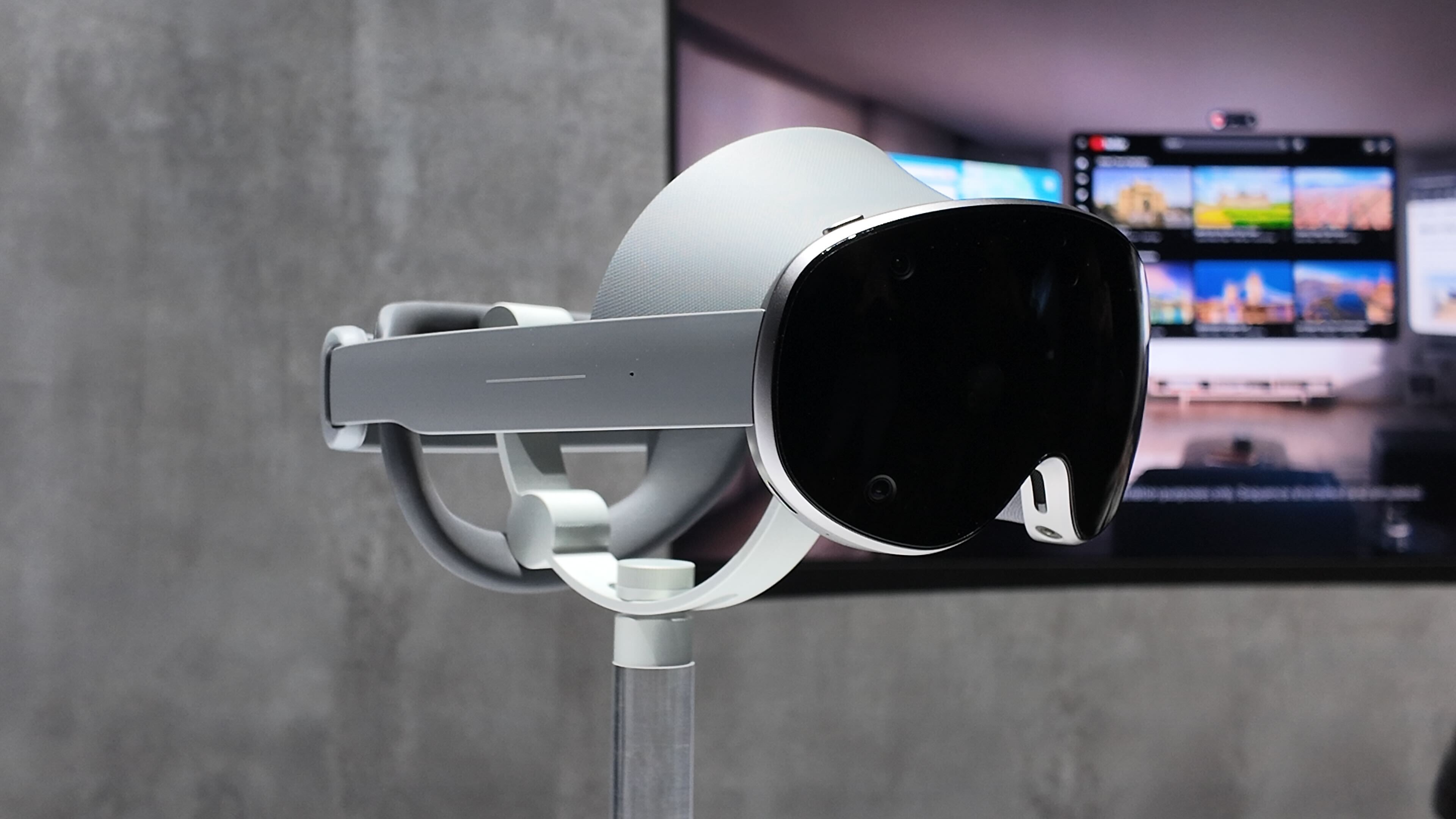Nigeria, Africa’s largest economy with over 200 million people, has a nascent electric vehicle (EV) market. Only 15,000 to 20,000 EVs are currently on its roads, representing a mere 0.5% to 1% of the total vehicle fleet. While this shows progress from 5,000 EVs five years ago, it falls well short of government targets: 7.5% electric vehicle adoption by 2025 and 40% by 2050. High costs present a significant barrier, with a new electric vehicle averaging $25,000, several times Nigeria’s median annual income. Unreliable electricity, limited charging infrastructure, and underdeveloped transport and manufacturing systems further hinder progress.
This challenge extends across Africa. Despite ambitious government targets for cleaner transport, supported by tax incentives and import duty waivers, older, imported petrol vehicles still dominate urban centres.
A wave of innovative startups is emerging to bridge this gap. In Kenya, BasiGo deploys electric buses in Nairobi using a pay-as-you-drive model. Rwanda’s Ampersand pioneers electric motorcycles and battery-swapping networks, while Ghana’s SolarTaxi assembles EVs and tricycles with integrated solar charging.
Another such startup is Kemet Automotive, co-founded by Nissi Ogulu and Rui Mendes Da Silva. Before Kemet, Da Silva was at GreenLux Cars, a platform connecting riders to electric mobility solutions, and Ogulu was building luxury cars at Jaguar until the COVID-19 pandemic. Having progressed from an intern to a critical role on the Range Rover project at Jaguar, the pandemic and its existential uncertainties encouraged her to leave behind her 9-5 for entrepreneurship.
“Our mortality was laid bare [during the pandemic], forcing us to prioritise what truly matters,” she said. “I realised that the skills and position I had gained were tools I wanted to bring back to the continent for greater impact.”
Kemet Automotive’s ambitious plans centre on its vehicle lineup: the Gezo tricycle, Nandi compact SUV, and Mansa premium SUV. According to Ogulu, the company is actively developing regional and global supply chains and establishing production facilities with a 2027 launch in mind.
Overcoming obstacles
The journey, however, is fraught with challenges. Electric vehicle manufacturers face high costs, limited infrastructure, and consumer scepticism. Ogulu is frank about the hurdles: “It’s highly capital-intensive and time-consuming, with no instant gratification. The infrastructural demands and high capital expenditure create a steep barrier to entry.” She added that a fundamental issue is having to “build a system that does not exist.”
A 2023 African Development Bank (AfDB) report underscores these difficulties, noting that Africa accounts for just 1% of global vehicle production. Supply chains rely heavily on imports due to underdeveloped regional networks, a process Ogulu estimates will take five to seven years to mature.
Currently, Kemet has completed the design and prototype phases of six concept vehicles, including the Gezo tricycle, Nandi compact SUV, and Mansa premium SUV. The company is still in the manufacturing stage. Kemet’s strategy is to spread its manufacturing footprint across three specific geographical locations on the continent. A 2023 Mail & Guardian article reported Kemet’s plans to establish plants in Senegal and Ghana, with a primary facility in Côte d’Ivoire.
However, Ogulu told that Nigeria, her home country, will serve as a secondary site due to its market potential, despite infrastructural limitations. She declined to disclose the other two manufacturing locations, citing ongoing negotiations. According to her, Kemet selects its manufacturing site based on a few criteria: adoption readiness, progressive policies, favourable incentives, and proximity to market demand, as well as the ability to nurture the business in that environment.
“We are in the development phase of our manufacturing structures,” Ogulu said. “We’ve done all the work with regards to the design phase, development of prototypes, et cetera. So it’s now down to creating your production chain and building your supply chain both regionally and internationally, and fully just understanding how you handle the arrival and dispersal of your supply chain management and the setup of the manufacturing plant.”
The company is targeting a 2027 launch for its first fleet.
Consumer readiness and affordability
In Nigeria, fuel prices, which shot up by 40% in 2024, are driving curiosity about EVs. “People are researching what it means to own an electric vehicle,” Ogulu observed, citing the presence of Tesla Cybertrucks in Lagos. She noted that while there’s still education needed, “there is now the curiosity which is always the first step.”
Kemet’s pricing strategy is designed to match what Nigerians already spend on vehicles. The company benchmarks its base models against popular brands like Toyota, targeting a price range of $20,000 to $25,000. For lower-income segments, Kemet is developing micromobility solutions, such as compact, affordable tricycles.
Ogulu emphasises the importance of affordability: “It’s about ensuring that the amount of money people are spending today on vehicles is not surpassed when they need to buy ours and we offer solutions that can cater to a local market because of the fact that we will be locally manufacturing as well. So, it’s a convenient approach to purchasing as opposed to importing or going with dilapidated vehicles that are secondhand and just pollute everywhere.”
Charging, range, and innovation
Charging infrastructure remains a major bottleneck. Nigeria has fewer than 200 public charging stations, mostly concentrated in Lagos and Abuja. Across Africa, the number of charging points is growing but remains far below demand. South Africa leads with over 300 stations, while Kenya, Ghana, and Rwanda are rapidly expanding their networks.
Kemet is addressing this through various approaches. “We’ve created varying systems that can cater to all the varying conditions,” Ogulu explains. They have partnerships with charging station companies in Côte d’Ivoire, Senegal, Benin, and Kenya, to whom they cater their technology. Kemet and one of their partners have also installed a few stations in Victoria Island, Lagos, acknowledging the current sparsity of charging points in Nigeria.
The company is also exploring portable and supercharging solutions, aiming for vehicles with a range of up to 800 km per charge—enough for a trip from Lagos to Port Harcourt. Ogulu noted that they are developing their swapping stations, which will come into play once the vehicles are on the roads.
Government policies and incentives
Nigeria has introduced import duty waivers for EVs and components, and the National Automotive Design and Development Council (NADDC) has launched pilot charging stations. However, inconsistent policy implementation and lack of grid reliability remain major hurdles. Ogulu highlighted that Nigeria is unfortunately not at the top of the list for progressive government support in electric vehicle adoption, unlike some other African nations.
Ogulu stressed the need for policies that “ease the manufacturing process for companies and to alleviate a lot of the burden that comes with import duties,” suggesting operations akin to a free trade zone. She also advocated for government support in capital investment, and regulations that “cut down the ability for people to import vehicles, make that a bit more difficult and encourage the adoption of locally produced products.” She drew a parallel to international policies like Ultra Low Emission Zones (ULEZ) in London, which discourage petrol-powered cars to encourage cleaner energy solutions.
Navigating a capital-intensive sector
Funding remains one of the most challenging issues for African electric vehicle manufacturers. “We closed our initial pre-seed round last year. So we’re in the seed round now,” Ogulu shared with .
Ogulu is clear-eyed about the limitations of venture capital at this stage for a “green massive infrastructural project” like Kemet. “A lot of VCs do not have the ticket size to accommodate a company like ours at this particular stage,” she explained, adding that the company’s cap table currently entails silent investors, HNIs [High Net-worth Individuals], “who are more able to move the needle in terms of our needs.” While some VCs might have the ticket size, she believes “because of their risk aversion, they will come in at a later point in time.” She declined to disclose specific figures for the seed round, citing confidentiality until an official announcement.
She contrasted this with companies like BYD, which “have a lot of government support and backing,” a luxury not all African countries provide. This mirrors the experience of other African electric vehicle startups, many of which rely on grants, development finance, or impact investors to get off the ground. Kemet’s approach is to phase funding so that each stage of growth is matched with the right kind of capital.
The road ahead
Competition is inevitable, but Kemet aims to differentiate itself through technology, local adaptation, and after-sales service. “We have our tech as an edge. We have our brand identity as an edge in the markets that we’re catering to,” Ogulu said. By designing vehicles for African terrain and offering products across income brackets, the company hopes to build brand loyalty and drive mass adoption.
“We are creating products that will work better for the drivability in the terrain that we exist in,” she said, confident that this will make people more inclined to adopt the cars because the driving quality of it will be more suitable for the environments that they find themselves in.” Affordability and convenient after-sales service are also key competitive advantages for Kemet.
Success for Kemet, and for Africa’s electric vehicle sector, means millions of affordable, locally made electric vehicles on the road, powered by clean energy and supported by robust infrastructure. Ogulu hopes the company will go beyond financial success. Her vision extends to establishing Africa’s “standing power in the world of production and industrialisation,” and fostering a “rebirth of African excellence” through innovation.
While the market is still developing, experts anticipate significant growth, with projections valuing the market at $28.30 billion by 2030. This growth, if realised, would transform urban mobility and create new industries across the continent.
Mark your calendars! Moonshot by is back in Lagos on October 15–16! Join Africa’s top founders, creatives & tech leaders for 2 days of keynotes, mixers & future-forward ideas. Early bird tickets now 20% off—don’t snooze! moonshot..com












